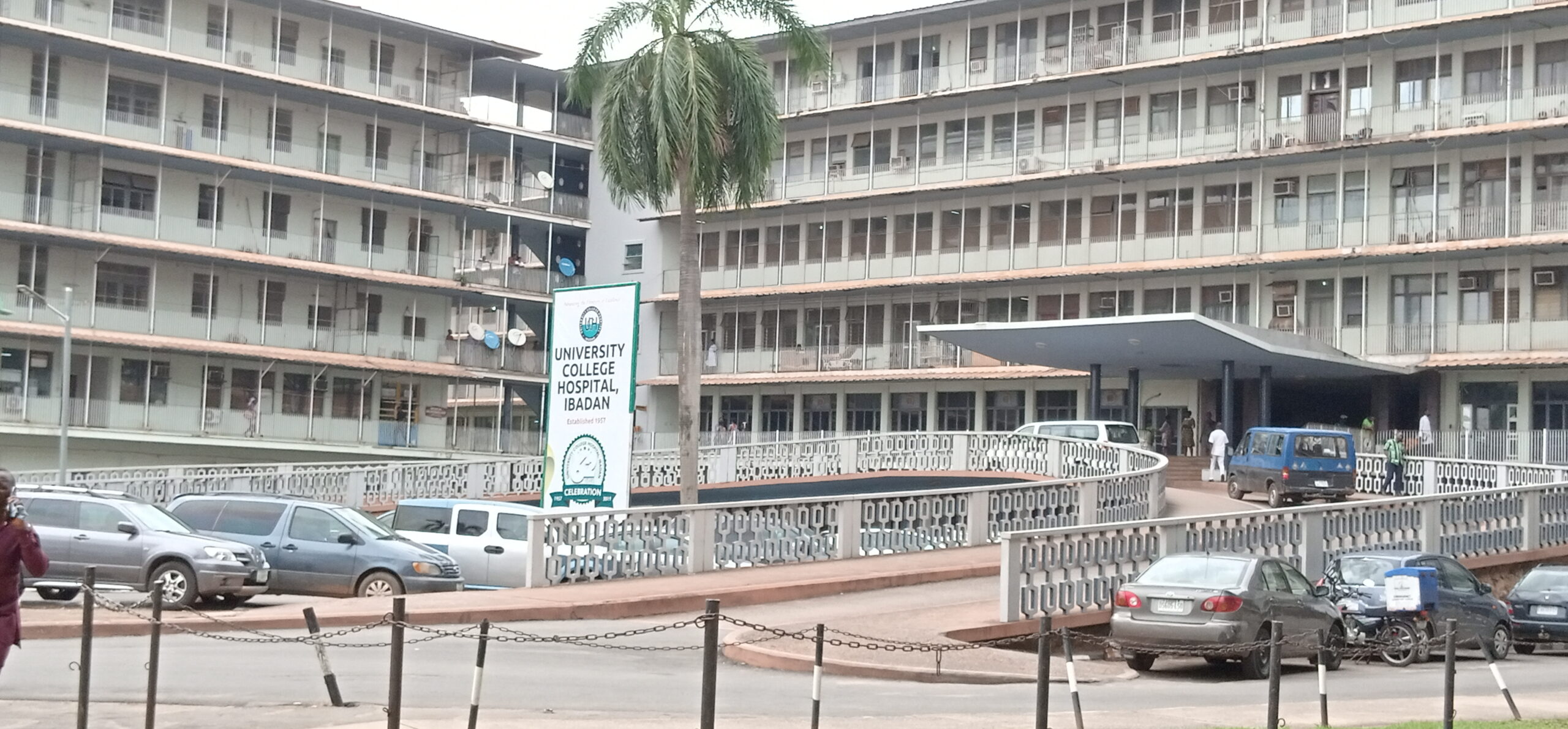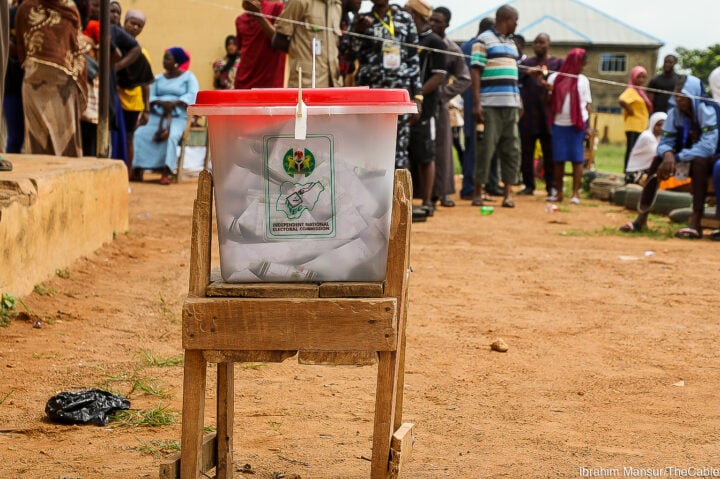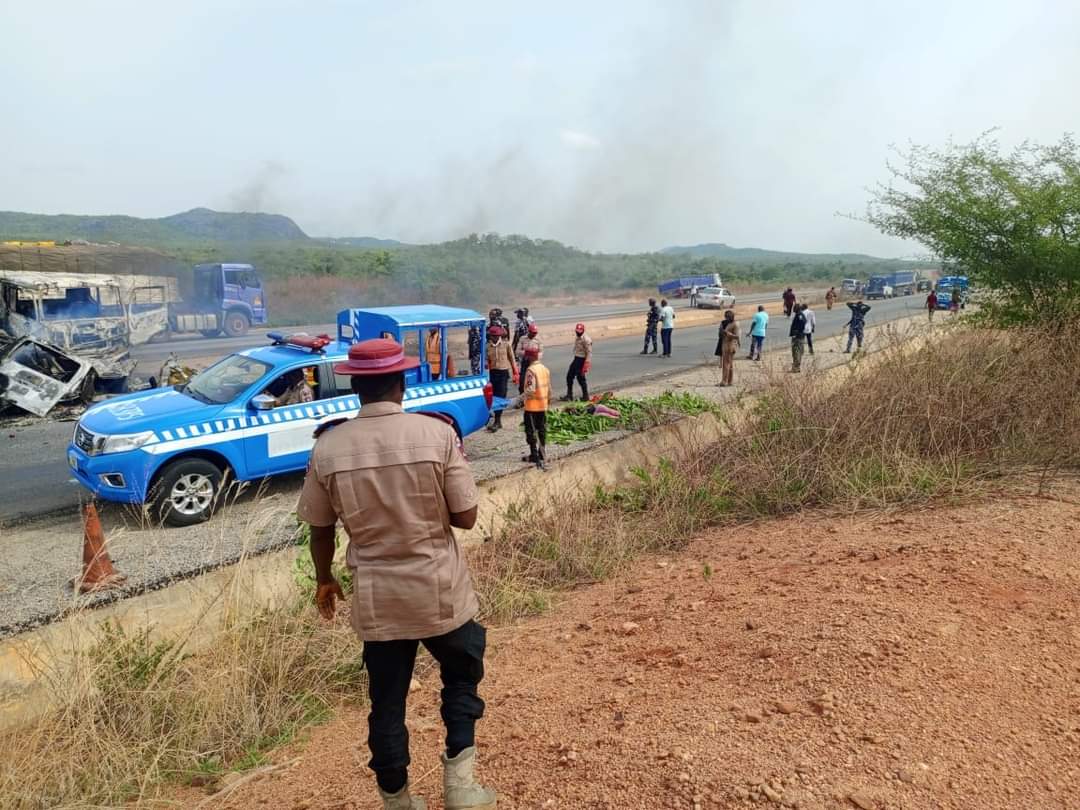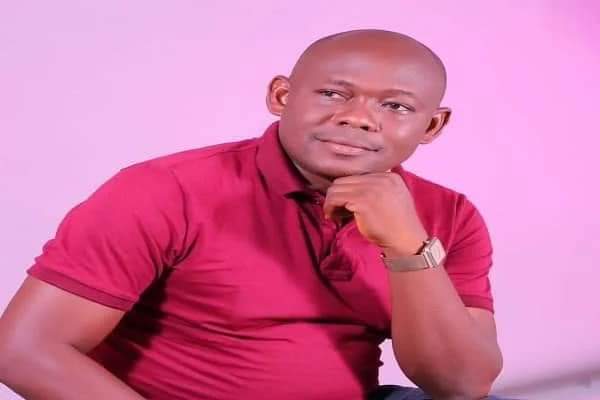UCH, Nigeria's first teaching hospital
BY OMOLOLA AFOLABI
The University College Hospital (UCH), Ibadan, Oyo state, is the first teaching hospital in Nigeria, and it lacks a basic diagnostic machine: the magnetic resonance imaging (MRI) machine. This has put a strain on patients who require proper diagnosis and treatment.
Being a radiologist, one would expect getting an MRI investigation done to be a walk in the park. This is not the case for Ademola Joseph, a 37-year-old radiologist and father of two.
Joseph has a towering figure but is now slightly bending due to his knee injury during a football match last August. He walks with an uncomfortable limp, making occasional grimaces. He was visibly in pain as he interacted with the reporter.
Advertisement
“After the injury, my doctor recommended an MRI investigation before he could start treatment. The test is important for him to see clearly what might have gone wrong there,” he said, pointing to the affected knee.
After the injury, his work and personal engagements suffered remarkably, just like his knee.
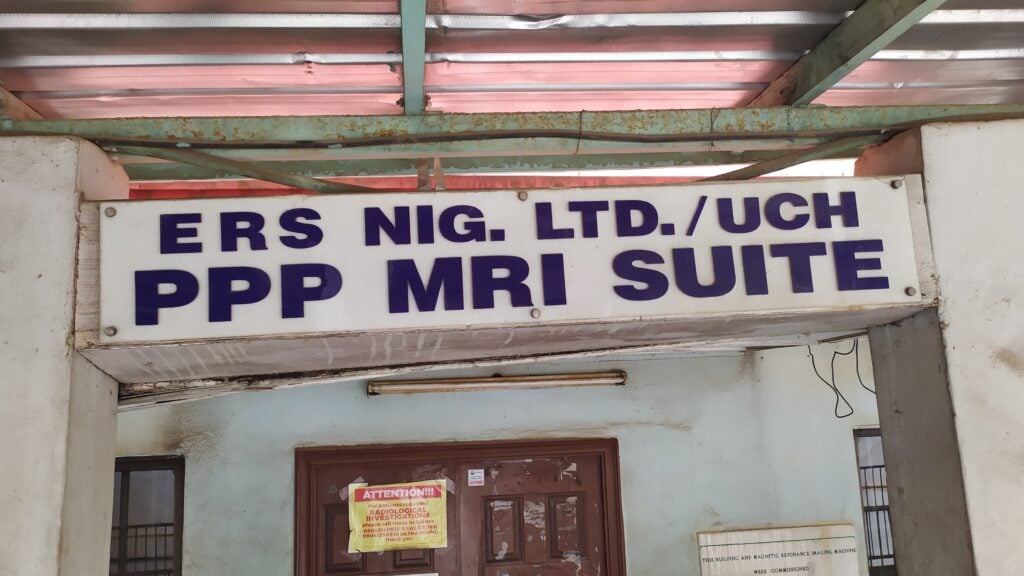
“The MRI machine in this hospital (UCH) has been out of use for several years; so, the only alternative I have is to get the test done in a private facility. But it is so expensive that it would require me to take a loan. Before now, it was a matter of simply walking in and having the test done at UCH,” he said.
Advertisement
Joseph has been a radiologist for almost a decade. He feels betrayed by the healthcare system, which cannot take care of his medical needs despite his diligent service.
An MRI machine is critical in the diagnosis of certain conditions, such as injuries, tumours, cysts, certain heart problems, and more.
It uses strong magnetic fields and radio waves to create detailed and clear images of the organs and tissues within the body.
“It is one of the most advanced forms of medical investigation,” says Godwin Ogbole, a professor and head of the radiology department at UCH.
Advertisement
THE PREMIER HOSPITAL
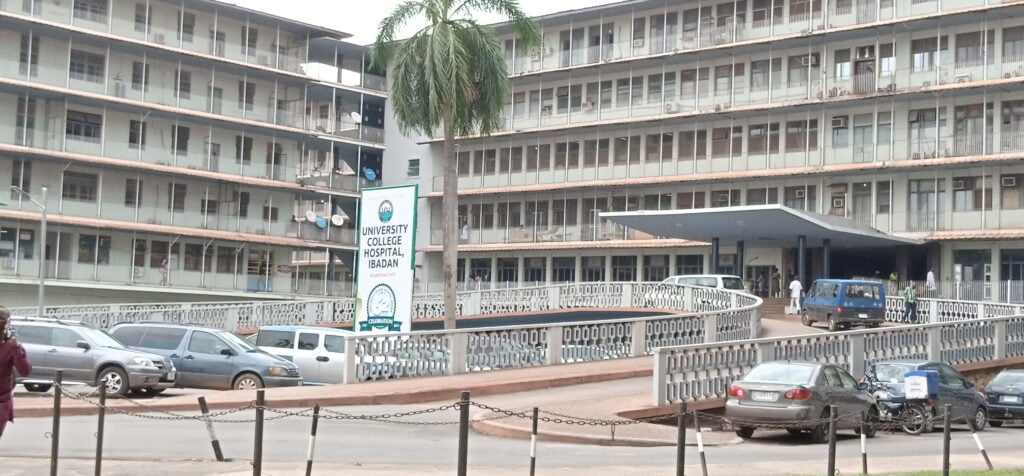
The University College Hospital, a foremost tertiary health institution in Nigeria, was established in August 1952. The hospital was launched to close the training gap of medical healthcare professionals in Nigeria and Sub-Saharan Africa.
The MRI centre, located in the south-east wing of the hospital, was inaugurated by former President Olusegun Obasanjo in 2005. But it only worked for eight years.
In 2014, another MRI machine was inaugurated by Temitope Alonge, the serving chief medical director. It was a private-public partnership between ERS Nigeria Limited, a Lagos-based medical supplier, and the UCH.
Advertisement
It stopped working in 2019.
While there are more advanced MRI machines depending on power, the machine in UCH is 0.2T (Tesla is the standard for measuring the magnetic field strength of a machine).
Advertisement
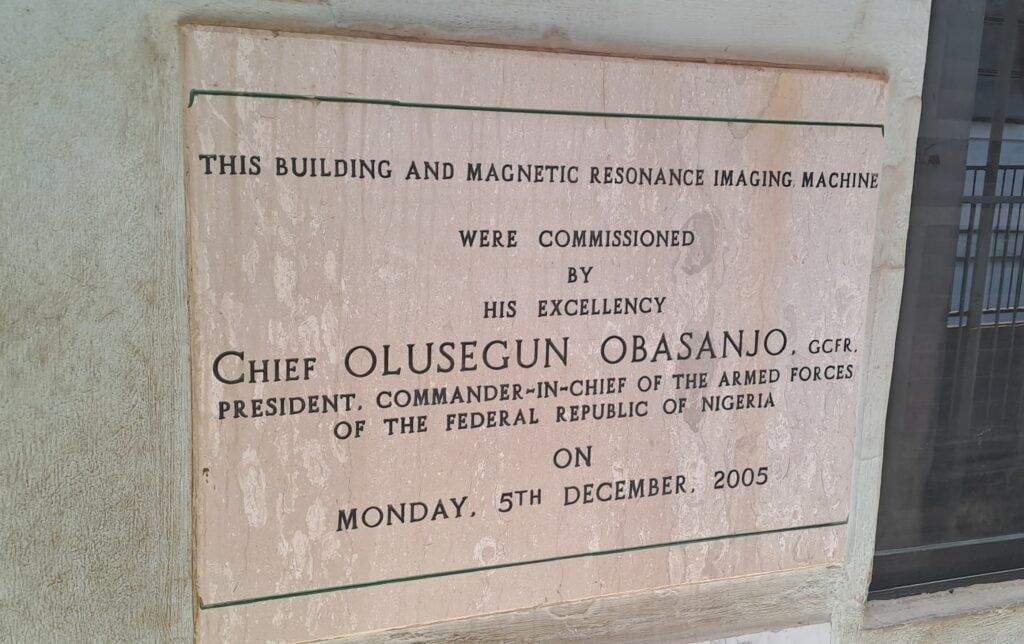
Globally, a basic MRI scanner costs $150,000 but can exceed several million dollars. Research showed that Japan has the most MRI scanners per capita, with 48 machines for every 100,000 people.
“Currently, about 80% of Africa’s population does not have access to MRI. Even if they can afford it, the service is not available,” Ogbole said.
Advertisement
He noted that over 10 countries in Africa do not have a single MRI and the 1.5 Tesla MRI machines in Nigeria are concentrated mostly among the top 5% of the population who live in urban areas like Lagos, Abuja, and Port Harcourt.
Patients now have to look for means to carry out MRI investigations in private facilities, which are usually more expensive than similar services offered at UCH when the machines were active. For others who cannot afford private services, they are forced to live with their conditions.
Advertisement
Adeola Adebisi had to suspend her compulsory national youth service for over six months. She has been battling with back pain for five years. She was diagnosed with scoliosis, a condition where some parts of the spine are curved; however, most recent investigations showed other concerns. In 2020, she was told to do an MRI for a more comprehensive evaluation.
“My sister and I walked into the MRI centre with a request letter from the doctor. We met the doors open and the lights on, but the MRI machine was not working,” she told TheCable.
Adebisi said that although there is a building dedicated to MRI scans on the hospital premises, the machine is out of service.
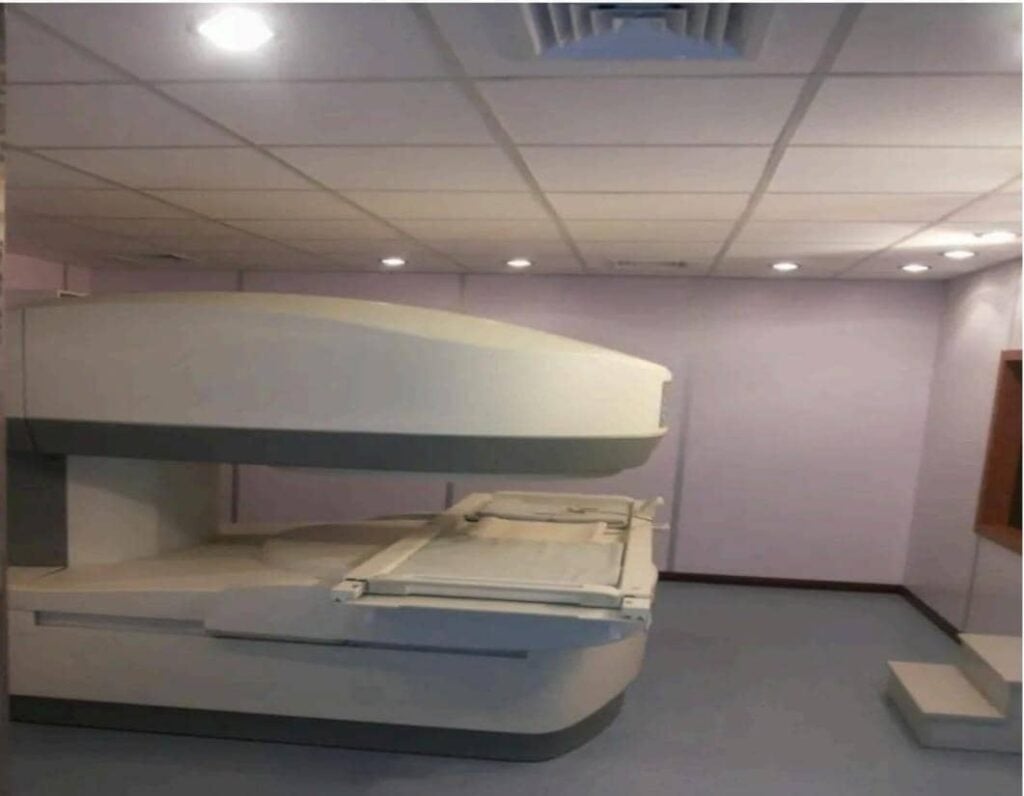
“I was told that it had been faulty for a long time, so we were told to find another facility for the scan,” she said.
“Then I was informed that the only place in Ibadan with a functional MRI machine was at a private diagnostic centre.”
Adebisi said she visited the centre but couldn’t afford the scan as she had already spent a lot on the other tests.
“The scan had to be put on hold for about three years. With the help of my family, the money was eventually raised, and I went back to the centre to find out that the price had ballooned,” Adebisi lamented.
“I spent almost N200,000 ($187) on the test. It was really painful because the delay went on for too long, and I had to live with the pain through the years.
“Every time I went for my appointments at UCH, I used to see different patients with their MRI results from private labs or even some from other states.
“People would make jokes about why they have to spend that much money on MRIs when they don’t even have enough for food.”
Emmanuel Abiodun sustained an injury in 2018. He had an x-ray done as he was feeling some discomfort in his right knee.
His X-ray result pointed to an abnormality in the patella region, which needed an MRI for confirmation.
“It happened at the time the machine was down. I was forced to start using other forms of treatment like exercise and therapy to reduce pain,” he said.
“An MRI scan is an important clinical procedure, and it would have been nice for me to get it done then to know what the problem was and if surgery was needed.”
THE NEED FOR URGENT SOLUTIONS
“From my experiences as a medical student and now a doctor, I’ll say we are making progress,” says Babatunde Odunsi, a medical doctor at Lagos State University Teaching Hospital.
“Modern techniques of treatment and diagnosis have improved; but on the accessibility front, we are several steps behind.”
Odunsi said the lack of essential imaging or diagnostic aid in teaching hospitals points to poor management policy and governance.
“These are not exceptional or specialised tools; they are basic,” he said.
He noted that public-private partnerships increase accessibility and efficiency. He added that he expects such arrangements to work out at UCH and other teaching hospitals.
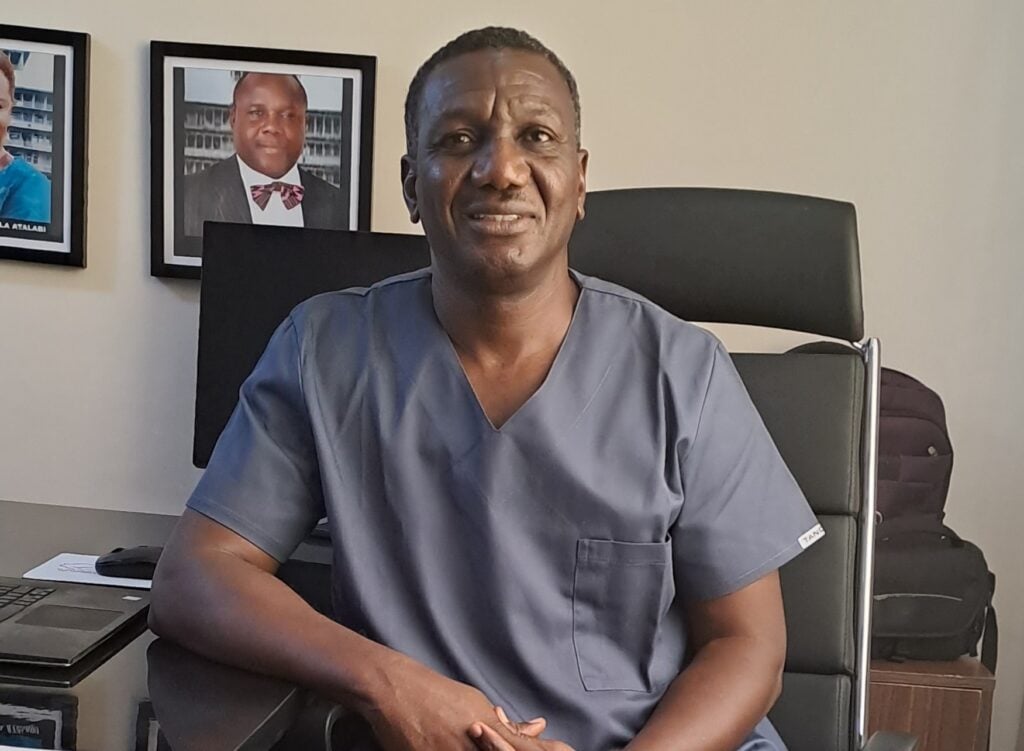
“We do not have local expertise. We do not have standard schools that train people to use these machines,” Ogbole, who is also an African Oxford (AfOx ) visiting fellow at Oxford University, said.
He told TheCable that most people who can afford to buy an MRI machine in Nigeria use it primarily for business.
“This is replicated across most African countries. Also, the few people who are trained to operate these machines have been compelled to relocate,” the professor said.
He, however, said plans are ongoing for the UCH to get a new MRI machine.
“There is an arrangement with the federal government to get the hospital a new MRI. Possibly in the next couple of years, we will get a 1.5 MRI,” Ogbole noted.
“It’s not in my purview to determine the cost of an MRI, as the new machine we are expecting is a form of public-private partnership and will also provide the technical capacity.”
Ogbole, who is a part of the leadership at the Consortium for the Advancement of MRI Education and Research in Africa (CAMERA), also recommended the use of a smaller, low-field MRI, which is easier to operate and maintain. He lamented the exodus of medical personnel from the country and the inadequate power supply in Nigeria. The low-field MRI, he said, is compliant with the uniqueness of Nigeria’s challenges and can also be used in rural communities.
“It looks like an ultrasound machine and can be used to scan a patient by the bedside in the Intensive Care Unit. The low-field MRI requires very little energy as it is battery-powered and cost-efficient,” he said.
Ogbole noted that while the downside of the machine is its low image quality, there is, however, diagnostic information that can be used for emergencies and to plan treatment.
“Investigations carried out in rural areas can be transmitted to any doctor anywhere in the world. We can begin to present these kinds of MRIs to peripheral hospitals for early diagnosis of conditions like stroke and trauma,” he added.
“A coolant is required. To keep it at a stable temperature, you need uninterrupted electricity. With the power situation in Nigeria, three or four generators are needed as they have to be switched on all year round. It also requires a lot of human capacity and trained personnel. Having the quality of trained people to manage MRIs in our environment is a challenge.”
He said biomedical engineers and the experts who operate the machines are in short supply.
Ogbole said the International Society of Magnetic Resonance in Medicine aims to democratise MRI, especially in Africa.
“Some of them are outdated already. Some of the machines that we have now are more than 20 years old,” he said.
Ogbole said the MRI machine in the UCH has reached its “logical end of life”.
THE DOCTOR’S FLIGHT AND THE PATIENT’S PLIGHT
Olushina Ajidahun, a resident doctor, said the healthcare situation in Nigeria is on the verge of collapse. He attributed this to a lack of adequate healthcare facilities and a poor reward and welfare system for health workers.
“It is embarrassing for one of the biggest government hospitals in Nigeria not to have a functional MRI. It should not be taken with levity. For example, you know that an MRI has a lot of applications and it is one of the modalities of medical investigation,” Ajidahun said.
“It hinders the doctors and the managing team as the level of their diagnosis is affected. I think that is very bad.
“It will lead to delay and inaccurate diagnosis because, without MRI, the doctors can only make guesses and could be treating the wrong ailment. This, in turn, impedes treatment planning and monitoring of patient’s progress and may lead to untimely deaths.
“Some procedures can only be done with assistance from an MRI. The machine can guide some surgical procedures, but when the machine is not functioning, then we cannot have those surgeries.”
Ajidahun said this results in patients consulting quacks because they don’t have money to do private investigations.
He noted that it is also going to impact the training of resident doctors because it is the only way they get professional experience. He advised the government to prioritise healthcare funding and rework the entire remuneration of healthcare workers.
“It would lead to a reduction of internally generated revenue in the hospital because patients have to be referred to private facilities. If you have a functioning MRI in a hospital, that’s more money for the government at subsidised rates for the government. That’s more IGR for the country,” he said.
“I think if this is done, you’ll notice that many healthcare workers would stay and try to help things get better. One MRI machine can save thousands of lives.”
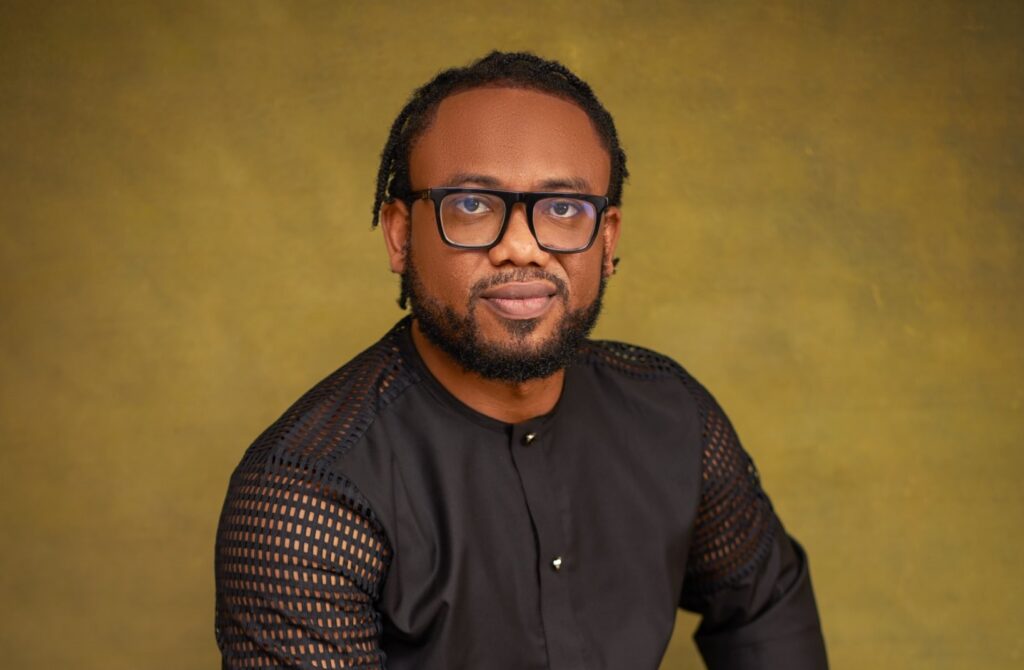
Doctour, who goes by the pseudonym “Wakawaka Doctor” on X, formerly Twitter, told TheCable that he left Nigeria to practise elsewhere because he was overworked and underpaid.
“At the time, we’d see an average of 100–200 patients per day, and the salary was less than $100/ month,” he said.
“It’s disappointing that a big institution, a premier one like UCH, lacks access to a functioning MRI.”
“Neuroimaging in conjunction with physical examination is a valuable resource, and MRI is one of the biggest imaging techniques.”
For patients, the lack of access to MRI scans could result in delayed treatment and potentially worsened health outcomes. It may also lead to increased financial burden as patients may need to seek alternative, often more expensive, diagnostic methods.
Add a comment
